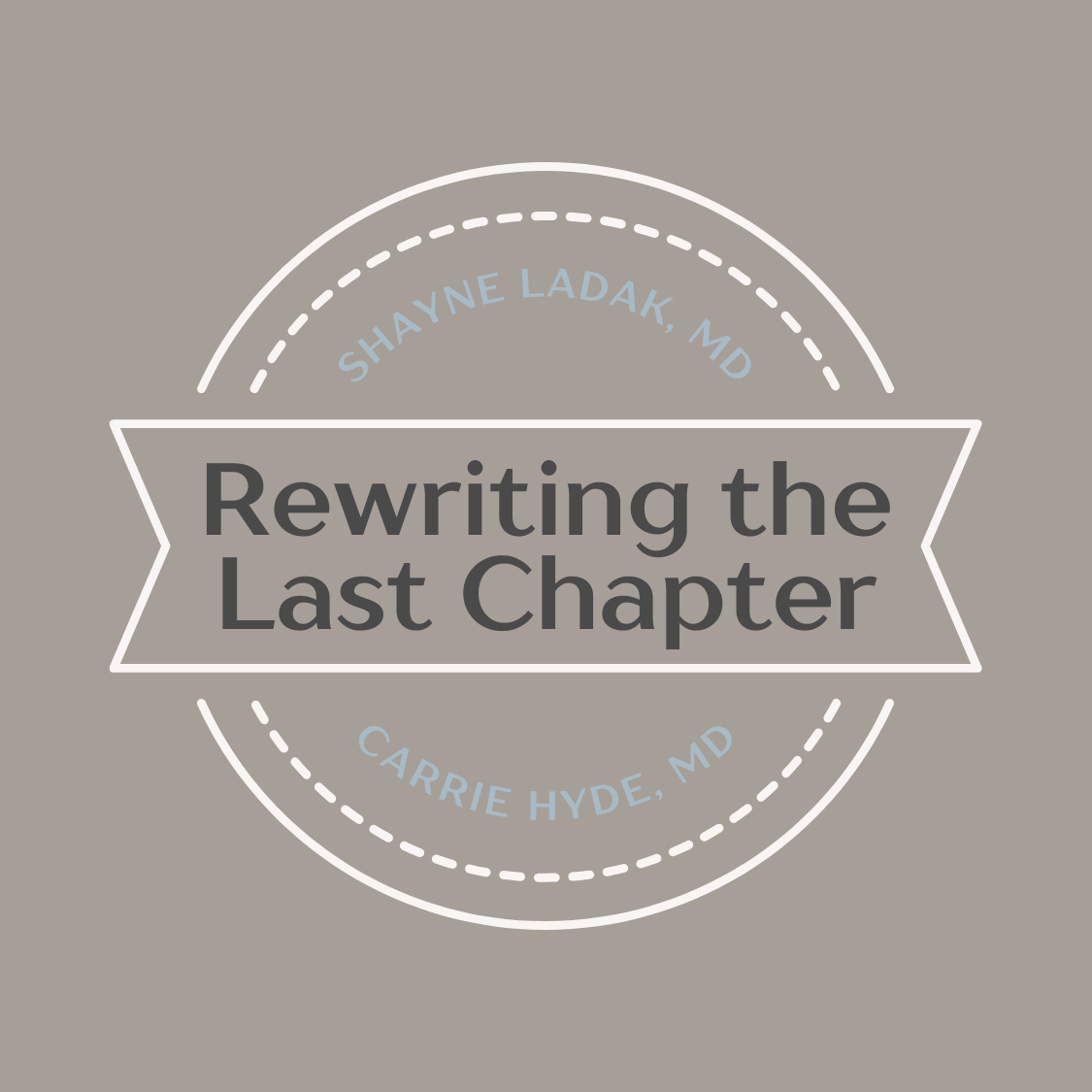Honoring Every Journey: Culturally Inclusive Hospice and Palliative Care

In hospice and palliative care, our shared goal is to ease suffering, uphold dignity, and support patients and families through some of life’s most tender moments. Yet how we define comfort, dignity, and support is deeply shaped by culture, beliefs, and identity. Delivering high-quality, person-centered care means recognizing that there is no one-size-fits-all approach—especially at the end of life.
As our communities grow increasingly diverse, so too must our models of care. Culturally sensitive hospice and palliative care isn’t just ideal—it’s essential. And that means considering not only race and religion, but also sexual orientation, gender identity, language, immigration status, family structures, and more.
The Cultural Context of Serious Illness and Dying
Cultural beliefs shape how people interpret illness, make decisions, and define a “good death.” In some cultures, open conversations about prognosis are welcomed; in others, discussing death directly may be taboo or seen as harmful. Some families may want to be heavily involved in decision-making, while others may defer entirely to the patient or a trusted provider.
Spirituality and faith also play key roles in coping and care preferences. Whether it's through rituals, dietary restrictions, prayer, or pastoral support, culturally attuned spiritual care can help ease emotional and existential suffering.
Healthcare providers must not assume, stereotype, or generalize. Instead, we are called to ask, listen, and adapt.
LGBTQ+ Affirming Palliative and Hospice Care
For LGBTQ+ individuals, facing a serious illness or the end of life may be layered with additional vulnerability. Many have experienced discrimination in healthcare settings, and some may not feel safe being open about their identity. Others may lack legal recognition of chosen family members or may have been estranged from biological relatives.
Affirming care begins with creating a space where LGBTQ+ patients feel seen, respected, and safe. This includes:
- Using correct names and pronouns, even when documentation or family members differ.
- Acknowledging and supporting chosen families in care discussions and visitation.
- Training staff in LGBTQ+ cultural humility to reduce assumptions and biases.
- Advocating for legal rights, such as surrogate decision-making, for non-traditional caregivers.
- Recognizing that grief, trauma, and spiritual questions may show up differently for LGBTQ+ individuals, especially those who’ve endured marginalization.
Practical Steps Toward Cultural and Identity-Inclusive Care
Delivering culturally competent care isn’t about having all the answers—it’s about being open, curious, and committed to learning. Here are a few ways hospice and palliative teams can deepen their inclusivity:
- Ask, don’t assume. Use open-ended questions to understand what matters most to the patient and how their background shapes their preferences.
- Include cultural and identity-based questions in assessments. Questions about language, spiritual practices, family structures, and identity can inform better care plans.
- Involve cultural liaisons or interpreters. This ensures communication is not only linguistically accurate, but culturally sensitive.
- Educate staff regularly. Ongoing training in cultural humility and LGBTQ+ inclusion should be part of team development, not a one-time seminar.
- Create a welcoming environment. Signage, inclusive forms, and non-discrimination statements signal to patients and families that they are safe and respected.
- Honor rituals and traditions. Whether it’s prayer, music, food, or end-of-life customs, these acts help families and patients find meaning in the process of dying.
The Bottom Line
At its heart, hospice and palliative care is about love, respect, and humanity. To meet people where they are—culturally, spiritually, and personally—is to honor their full story, not just their symptoms. It’s a commitment to walk with patients through suffering without erasing their identity.
By embracing diversity, we make room for healing in its most authentic form. And in doing so, we ensure that everyone—regardless of background, belief, or identity—can die as they lived: with dignity.
"You think your pain and your heartbreak are unprecedented in the history of the world, but then you read. It was books that taught me that the things that tormented me most were the very things that connected me with all the people who were alive, who had ever been alive."
— James Baldwin
Resources Linked Here (for further reading):
**To check your own biases (we all have them) click here: Project Implicit * Linked Twice*
🩺 Healthcare-Focused Cultural Competency and Bias Training
Think Cultural Health (HHS.gov)
- Free e-learning programs from the U.S. Department of Health & Human Services.
- Offers CME/CE credit for physicians, nurses, and other providers.
- Topics include cultural competency, language access, and health equity
Stanford University – Unconscious Bias in Medicine
- Free video modules developed by Stanford School of Medicine.
- Focus on implicit bias and healthcare disparities.
🏳️🌈 LGBTQ+ Affirming Care and Inclusion Training
The Fenway Institute – National LGBTQIA+ Health Education Center
- Offers webinars, courses, and toolkits.
- Topics include transgender health, LGBTQ+ aging, and inclusive end-of-life care.
Human Rights Campaign – Healthcare Equality Index (HEI)
- Assesses healthcare facilities for LGBTQ+ inclusivity.
- Offers resources for training and institutional policy improvements.
GLMA: Health Professionals Advancing LGBTQ+ Equality
- Provides education, advocacy, and research.
- Hosts an annual conference and offers CME opportunities.
🧠 General Bias & DEI Training (Applicable to Healthcare)
Kirwan Institute for the Study of Race and Ethnicity – Implicit Bias Modules
- Ohio State University initiative.
- Research-based modules for understanding and addressing implicit bias.
- Free online assessments to uncover personal implicit biases.
- Useful for self-awareness and team discussions.
Culturally and Linguistically Appropriate Services (CLAS) Standards – HHS
- The national framework for improving cultural and language access in care.
June is Pride Month—a time to honor the courage, history, and resilience of LGBTQ+ individuals while renewing our commitment to justice and inclusion. But Pride is more than celebration—it is a call to action, rooted in resistance. From the Stonewall uprising in 1969 to the ongoing fight for equitable healthcare access, LGBTQ+ communities have long led the way in demanding dignity, safety, and visibility, especially in spaces that too often excluded them.
This month, we’re launching a blog series exploring equity and culturally sensitive care across hospice and palliative settings. Each week, we’ll highlight the ways bias—conscious and unconscious—can shape patient experience, and what it truly means to deliver affirming, identity-aware, and trauma-informed care. From honoring chosen families to respecting cultural end-of-life rituals, we aim to spotlight the vital work of creating care systems that meet every person where they are.
Because dignity in dying begins with recognition in living—and everyone deserves to be seen, heard, and honored.
- Shayne and Carrie





